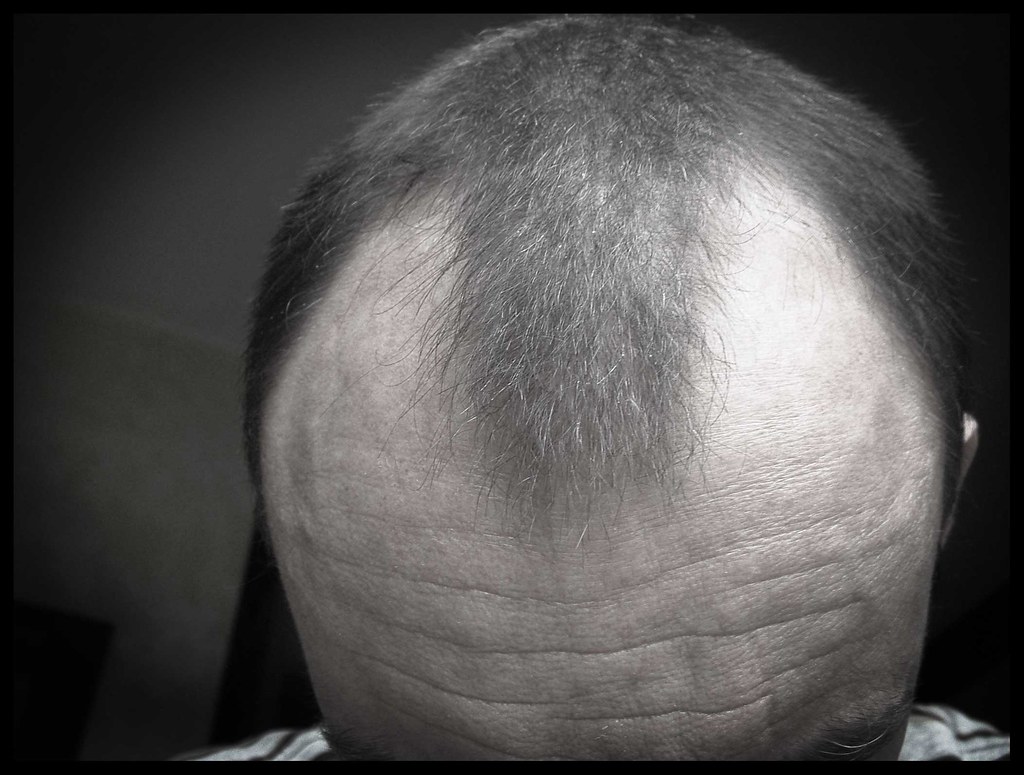Introduction to Amlodipine and Its Uses
Amlodipine is a widely prescribed medication classified as a calcium channel blocker, primarily used for the treatment of hypertension, or high blood pressure. By relaxing the blood vessels, amlodipine facilitates easier blood flow, thereby reducing the workload on the heart and helping to manage blood pressure levels effectively.
While the benefits of amlodipine in controlling hypertension are well-documented, it is essential to consider the potential adverse effects associated with its use. One such side effect that has garnered attention is hair loss. Although not universally experienced, some individuals taking amlodipine have reported thinning hair, raising questions about the relationship between this medication and changes in hair growth.
Mechanism of Action of Amlodipine
To understand the potential link between amlodipine and hair loss, it is crucial to delve into its mechanism of action. Amlodipine functions as a calcium channel blocker, inhibiting the influx of calcium ions into the smooth muscle cells of the heart and blood vessels. This action leads to vasodilation, which is the widening of blood vessels, ultimately lowering blood pressure.
However, this mechanism may also have implications for hair growth. Hair follicles, like other tissues in the body, require a proper supply of blood and nutrients for healthy growth. By altering blood flow dynamics, amlodipine’s action could potentially influence the hair growth cycle. Therefore, it is important to consider hair loss as a possible side effect of amlodipine, especially for individuals who notice changes in their hair while undergoing treatment.
Hair Loss: A Comprehensive Review of Causes

Hair loss can occur due to a multitude of factors, including genetics, hormonal changes, nutritional deficiencies, and medical conditions. In the context of medication, certain drugs can induce hair loss as an unintended consequence. Amlodipine may fall into this category, as some patients have reported experiencing hair thinning while on this calcium channel blocker.
The connection between calcium channel blockers and hair loss is particularly noteworthy, as research has indicated that these medications can affect hair follicle function. For individuals taking amlodipine, it is essential to recognize that while hair loss may be a side effect, it is not guaranteed. Each person’s response to medication is unique, and understanding the broader spectrum of causes can help in assessing the situation accurately.
Common Side Effects Associated with Amlodipine
In addition to hair loss, amlodipine is associated with a range of common side effects that patients should be aware of. These may include dizziness, swelling of the ankles or feet, and fatigue. While hair loss is not one of the most frequently reported side effects, it has been documented in some patients undergoing amlodipine treatment. Thinning hair can be distressing for many individuals, leading to concerns about self-image and overall well-being.
It is crucial for patients to communicate with their healthcare providers about any changes they observe, including hair loss, so that appropriate measures can be taken to address these concerns. Understanding the potential side effects of amlodipine empowers patients to make informed decisions regarding their treatment.
Exploring the Link Between Amlodipine and Hair Loss

The relationship between amlodipine and hair loss warrants further exploration, as it is an area of concern for some patients. Anecdotal evidence and patient reports suggest that amlodipine may cause hair thinning as a side effect. Research indicates that calcium channel blocker treatments, including amlodipine, have been linked to changes in hair density and growth patterns. While not everyone will experience these effects, it is essential for patients to be aware of the possibility.
If hair loss occurs, it is advisable to consult with a healthcare professional who can provide guidance on managing this side effect and determining whether a change in medication may be necessary.
Managing and Mitigating Hair Loss During Treatment
For those who experience thinning hair while taking amlodipine, managing and mitigating hair loss becomes a priority. It is crucial to maintain scalp health during treatment, as a healthy scalp can contribute to healthier hair growth. Patients may consider incorporating gentle hair care practices, such as using mild shampoos and avoiding harsh styling products.
Additionally, ensuring a balanced diet rich in essential nutrients can support overall hair health. If hair loss persists or worsens, it is vital to communicate with a healthcare provider, who may recommend alternative treatments or interventions. A proactive approach to managing hair loss can help individuals maintain their confidence and well-being while navigating the complexities of medication side effects.
- Understanding Amlodipine as a Calcium Channel Blocker - April 4, 2025
- Essential Vitamins for Flu Prevention - March 6, 2025
- Low Calorie Weight Loss Protein Shakes for Mens Health - March 5, 2025






